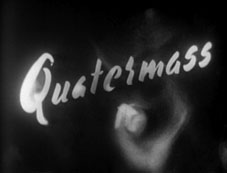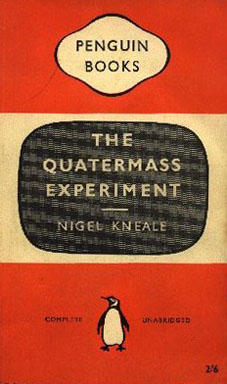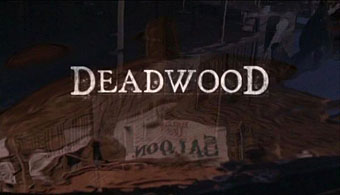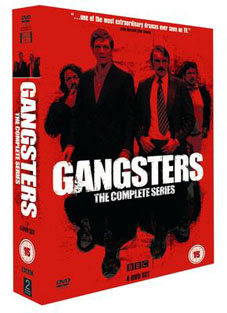 Nigel Kneale created reality TV without realising it. Comedian Mark Gatiss recalls his turbulent relationship with the ‘TV colossus’ who died this week.
Nigel Kneale created reality TV without realising it. Comedian Mark Gatiss recalls his turbulent relationship with the ‘TV colossus’ who died this week.
When Big Brother began on Channel 4 in 2000, I took a principled stand against it. “Don’t they know what they’re doing?” I screamed at the TV. “It’s The Year of the Sex Olympics! Nigel Kneale was right!”
In 1968’s The Year of the Sex Olympics, Kneale, a pioneering writer of TV drama who died this week, ingeniously predicted the future of lowest-common-denominator TV. The programme kept a slavering audience pacified with such blackly funny concepts as The Hungry/Angry Show (in which senile old men throw food at one another), the titular Olympics, and the ultimate programme, in which a family are marooned on an island and then watched on camera, 24 hours a day. Yesterday’s satire is today’s reality. Or today’s reality TV.
A few years ago I tried to persuade The South Bank Show to devote an edition to Kneale, only to be told he wasn’t a “big enough figure”. This was doubly dispiriting, not only because, to anyone interested in TV drama, Kneale is a colossus, but because it seemed to confirm all the writer’s gloomy predictions regarding the future of broadcasting. Couldn’t the medium celebrate one of its giants?
Continued here.




